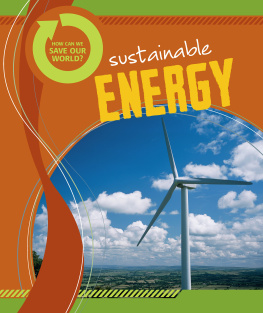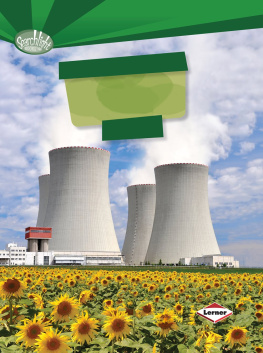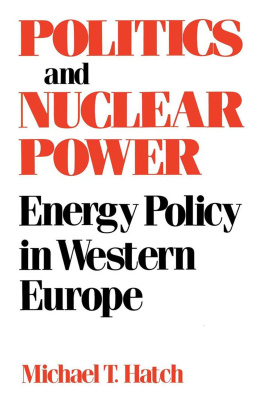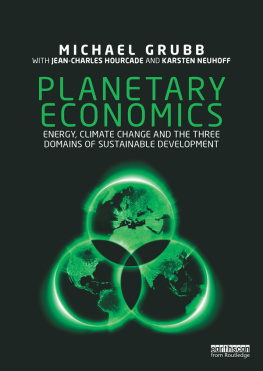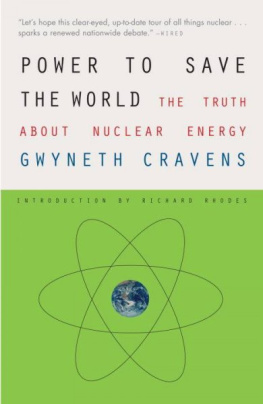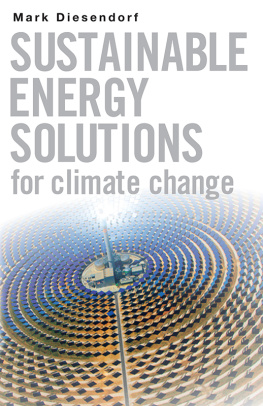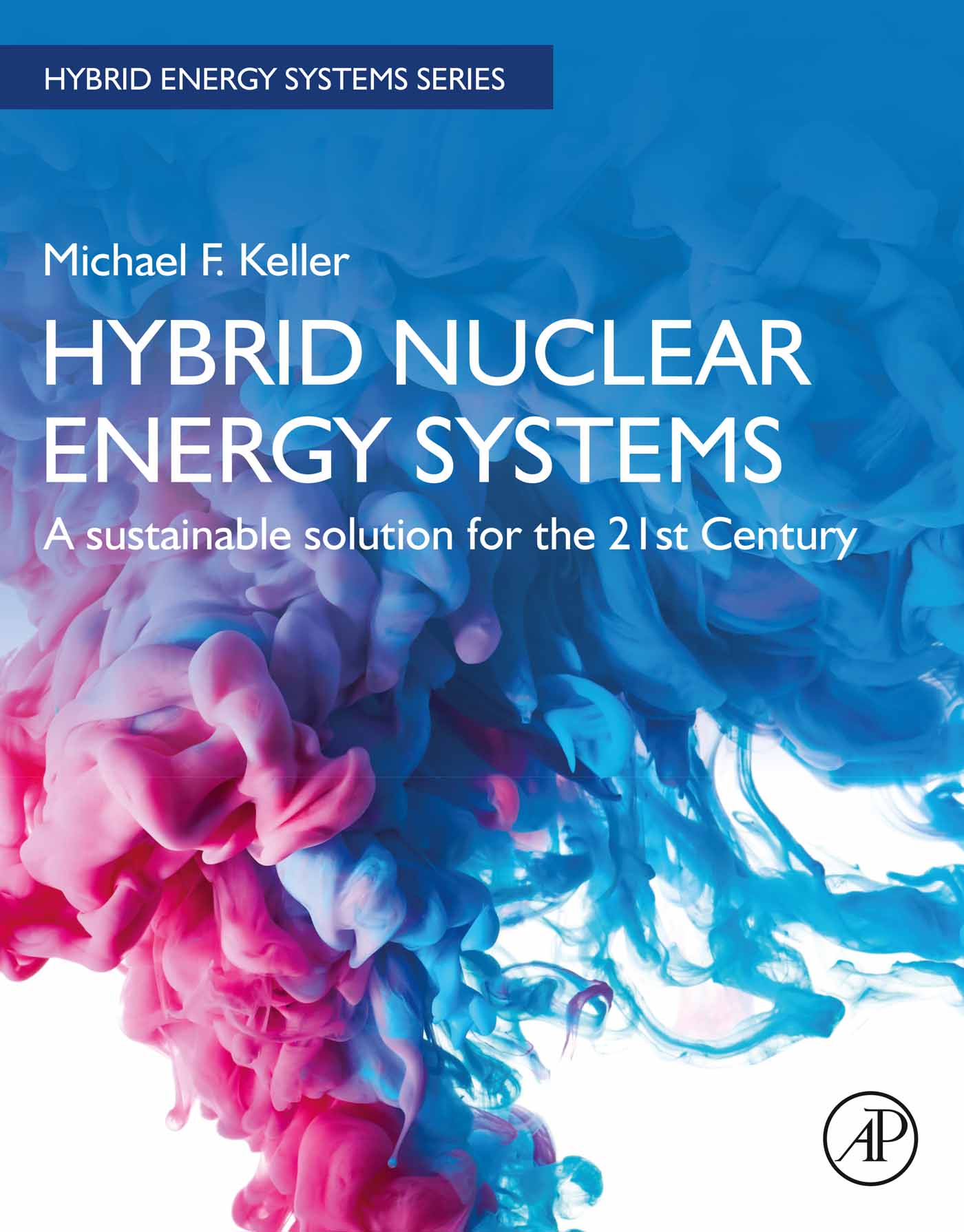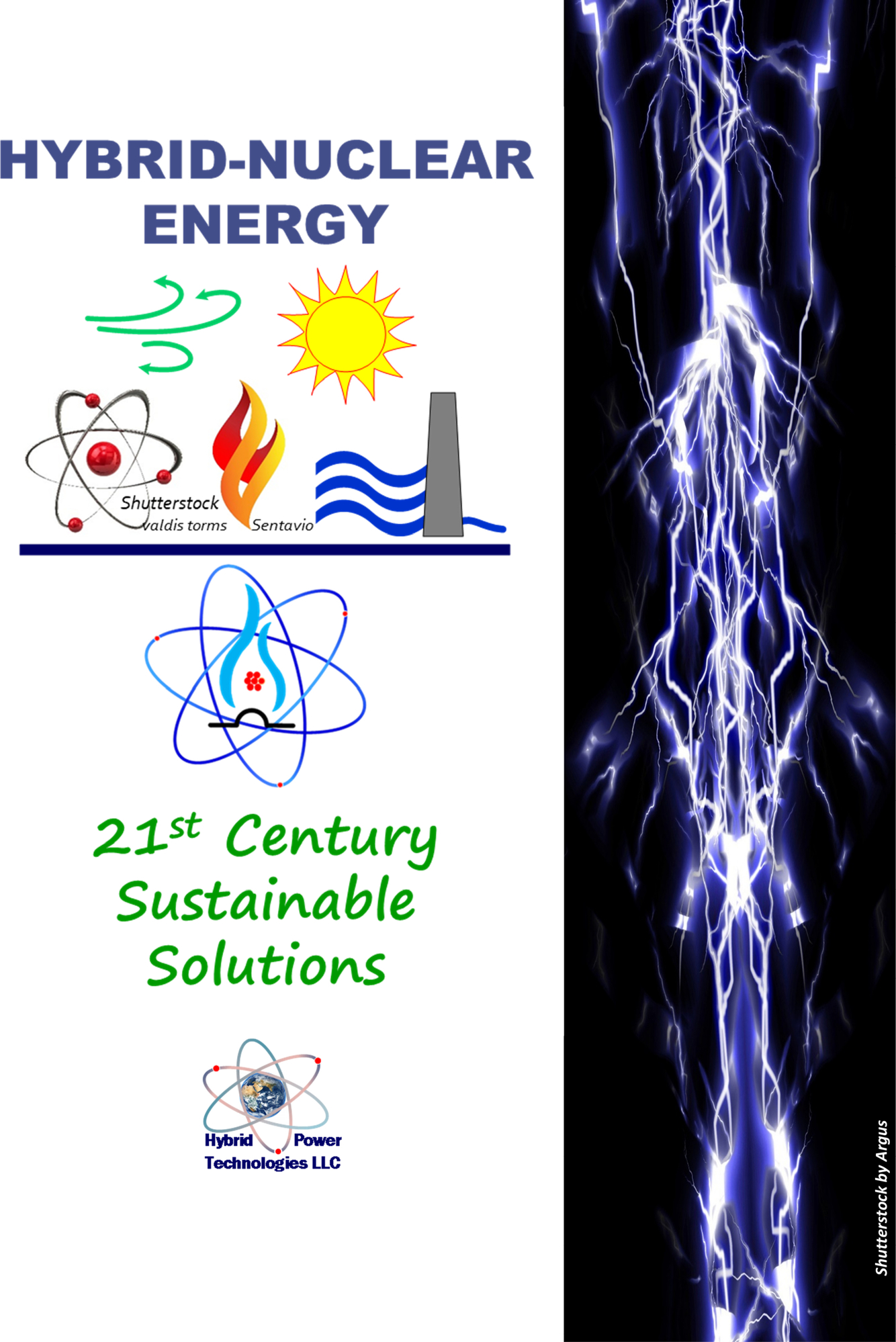Copyright
Academic Press is an imprint of Elsevier
125 London Wall, London EC2Y 5AS, United Kingdom
525 B Street, Suite 1650, San Diego, CA 92101, United States
50 Hampshire Street, 5th Floor, Cambridge, MA 02139, United States
The Boulevard, Langford Lane, Kidlington, Oxford OX5 1GB, United Kingdom
2021 Elsevier Inc. All rights reserved.
No part of this publication may be reproduced or transmitted in any form or by any means, electronic or mechanical, including photocopying, recording, or any information storage and retrieval system, without permission in writing from the publisher. Details on how to seek permission, further information about the Publishers permissions policies and our arrangements with organizations such as the Copyright Clearance Center and the Copyright Licensing Agency, can be found at our website: www.elsevier.com/permissions.
This book and the individual contributions contained in it are protected under copyright by the Publisher (other than as may be noted herein).
Notices
Knowledge and best practice in this field are constantly changing. As new research and experience broaden our understanding, changes in research methods, professional practices, or medical treatment may become necessary.
Practitioners and researchers must always rely on their own experience and knowledge in evaluating and using any information, methods, compounds, or experiments described herein. In using such information or methods they should be mindful of their own safety and the safety of others, including parties for whom they have a professional responsibility.
To the fullest extent of the law, neither the Publisher nor the authors, contributors, or editors, assume any liability for any injury and/or damage to persons or property as a matter of products liability, negligence or otherwise, or from any use or operation of any methods, products, instructions, or ideas contained in the material herein.
Library of Congress Cataloging-in-Publication Data
A catalog record for this book is available from the Library of Congress
British Library Cataloguing-in-Publication Data
A catalogue record for this book is available from the British Library
ISBN 978-0-12-824107-3
For information on all Academic Press publications visit our website at https://www.elsevier.com/books-and-journals

Publisher: Candice Janco
Acquisitions Editor: Maria Convey
Editorial Project Manager: Leticia M. Lima
Production Project Manager: Poulouse Joseph
Cover Designer: Miles Hitchen
Typeset by SPi Global, India
Preface of the Series Editor
James G. Speight, CD&W, Inc., Laramie, WY, United States
Hybrid energy systems are defined as the integration of several types of energy generation equipment such as electrical energy generators, electrical energy storage systems, and renewable energy sources. They represent a very promising sustainable solution for power generation in standalone applications. Technology will continue to evolve in the future, so that it will have wider applicability and lower costs. There will be more standardized designs, and it will be easier to select a system suited to particular applications. There will be increased communication between components, facilitating control, monitoring, and diagnosis. Finally, there will be increased use of power electric converters. Power electronic devices are already used in many hybrid systems, and as costs go down and reliability improves, they are expected to be used more and more.
This series provides a medium for publishing up-to-date research and explaining the concepts behind the development of hybrid technology systems, including advances in theories, developments, principles and bridges to practical case studies and applications in the overarching subjects related to advancing the energy mix. The intended audience are researchers, engineers, and managers in energy engineering, petroleum engineering, pipeline engineering, offshore engineering, nuclear engineering, and environmental engineering.
My hope is that this series drives forward the energy transition needed to meet all of the worlds energy demands in a sustainable and economically viable way.
(Accessed on January 13, 2021).
Preface
Michael F. Keller, Professional Engineer, State of Kansas
The objective of this text is to introduce a new approach to electrical energy production. The text also helps to broaden an understanding of energy production in general and an innovative new Hybrid technology in particular. The implications on modern society of our energy choices are also studied.
The concept bases for this ground-breaking hybrid technology are examined, including discussions of major elements required for success in a competitive power industry.
Comparisons are made with other forms of energy production. These contrasts are generally on a relative basis, as opposed to absolute standards. The comparisons, while helpful, are not intended for drawing universal conclusions.
This heavily illustrated text is aimed at the general public, students, energy professionals, the financial community, politicians, and government regulators. Important considerations are simply introduced, evaluated, and a summary of conclusions is provided. Detailed information is also offered to aid independent investigations and studies involving: the environment, economics, public safety, and the hybrids technical characteristics.
The text is organized into the following chapters:
| Page |
| Overview | |
| Background | |
| Combinations | |
| Uses | |
| Environment | |
| Financial | |
| Technical | 113 |
| Safety | 149 |
| Licensing | 171 |
| Advanced reactor issues | 187 |
| Status | 206 |
| Conclusion | 209 |

More detailed technical information is typically contained in page footnotes and chapter end notes. Collectively, this information promotes a broader understanding of energy production and the various considerations that collectively must be addressed to successfully provide energy in our modern society.
This concept builds on the pioneering closed-cycle gas turbine work of Hans Ulrich Frutschi, Dr. Curt Keller, and Jacob Ackert.
In summary, the text provides insights into a unique hybrid-nuclear solution for sustainably and affordably meeting the worlds energy needs. This distinctive solution uses environmentally sound methods involving the marriage of nuclear and fossil fuels.
Disclaimer
Hybrid Power Technologies LLC makes no warranty, expressed or implied, or assumes any legal liability or responsibility for the accuracy, completeness, or usefulness of any information, apparatus, product, or process disclosed or represents that its use would not infringe privately owned rights. References herein to any specific product, process, or service by tradename, trademark, manufacturer, or otherwise do not necessarily constitute or imply its endorsement, recommendation, or favoring by Hybrid Power Technologies LLC.


